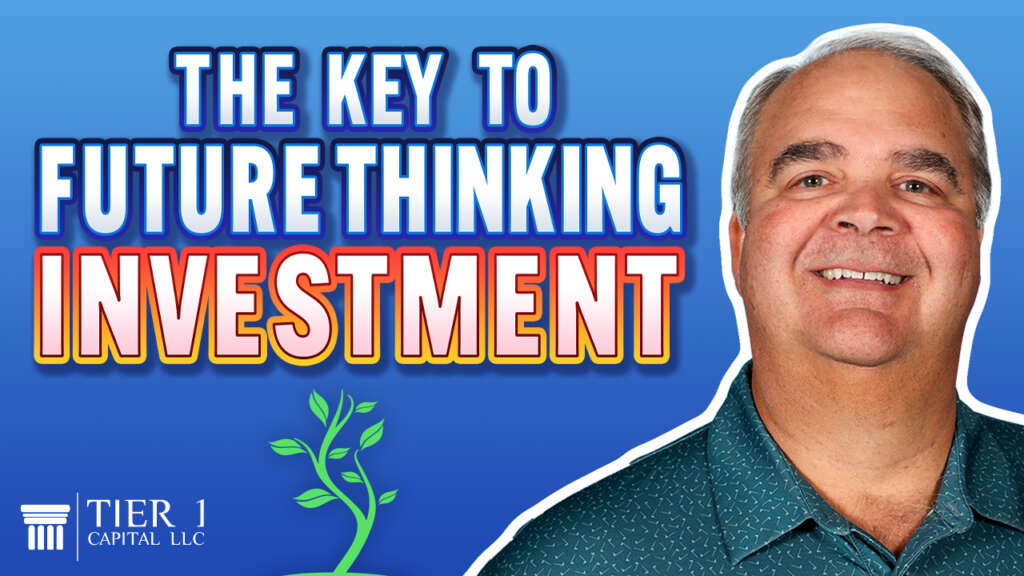
Are you thinking about implementing the infinite banking concept? But you don’t quite understand why it takes ten years to recapture the money that you put into the policy.
One of the most common complaints we have when speaking to people about the infinite banking concept is that they’re not going to have all of their money back for a full ten years at least.
So you may be wondering, Yeah, why does it make sense to put money in a whole life policy? That’s a lousy investment. It’s going to take me so long to break even and then earn a rate of return on that money.
So let’s go back to the basics.
Nelson Nash originally had four cardinal rules as it related to infinite banking, and his first rule was to think long term. You see, Nelson was trained as a forester. He was trained to think 70 years in advance. And as he would say, I’m not going to be here to see the fruits of my labor. But somebody will and they will benefit handsomely by my good judgment.
So first and foremost, you’re being future thinking. You’re not thinking about the death benefit. You’re thinking more so for the cash availability. And it’s just like planting a tree. You plant a tree and it takes a long time to see that tree grow, but all of a sudden, one day, you go out in the backyard and my gosh, you’ve got a tree that’s taller than you. And that’s the way it is with life insurance. There’s a start-up cost. Nelson used to say it’s sort of like starting a business. Very few people start a business and become profitable on day one.
The fact of the matter is time takes time and you’re not going to wake up one day and just have a pool of money sitting in a life insurance policy. Now, in some cases, there is availability to be able to put a large sum of money within the policies. But it’s still going to take time for that money to grow and compound. But the key here is to be able to access the money everywhere along the way. As your policy becomes more and more efficient with time, you’re able to access more and more of that cash value.
Yes, it might take ten years to realize a profit on that policy. But you don’t have to wait ten years to get your money as the cash value appears, you could borrow most of that or borrow against most of that cash value and deploy it in your life.
Use it to pay down debt. Use it to make purchases. Use it to make investments.
Whatever you decide to do with that money is completely yours. And here’s the key, however you decide to pay back that money to the insurance company, that’s your decision as well. That’s what Nelson realized by using the life insurance company’s money borrowing against the equity in your policy puts you in control of the financing function. And that’s the bottom line. That’s the golden rule. That’s the reason to be. That’s the reason why we recommend this concept because it puts you in control.
Americans are being squeezed from many, many different directions. Inflation is up. It costs more for goods and services. Our pay is down. Our revenues are down. Our profits are down. Inflation is eating into everything. Interest rates are higher. It costs more money to borrow from the banks and the credit companies than it has in over 15 years.
It’s affecting our health. It’s affecting our relationships. It’s affecting our ability to run our companies or do our jobs. It affects everything because it’s always top of mind.
But, there’s a way out of this. There’s a way that you could now be in control of this process rather than being controlled by this process. And that’s what the infinite banking concept can bring to you.
If you’d like to get started with a specially designed whole life insurance policy designed for cash value accumulation so that you could be in control of your finances rather than being at the mercy of the economy, banks, and the government. Be sure to schedule your free strategy session today. We’d be happy to speak to you about your specific situation and how we could help move you and your family and your business forward for generations to come.
And remember, it’s not how much money you make it’s how much money you keep that really matters.
